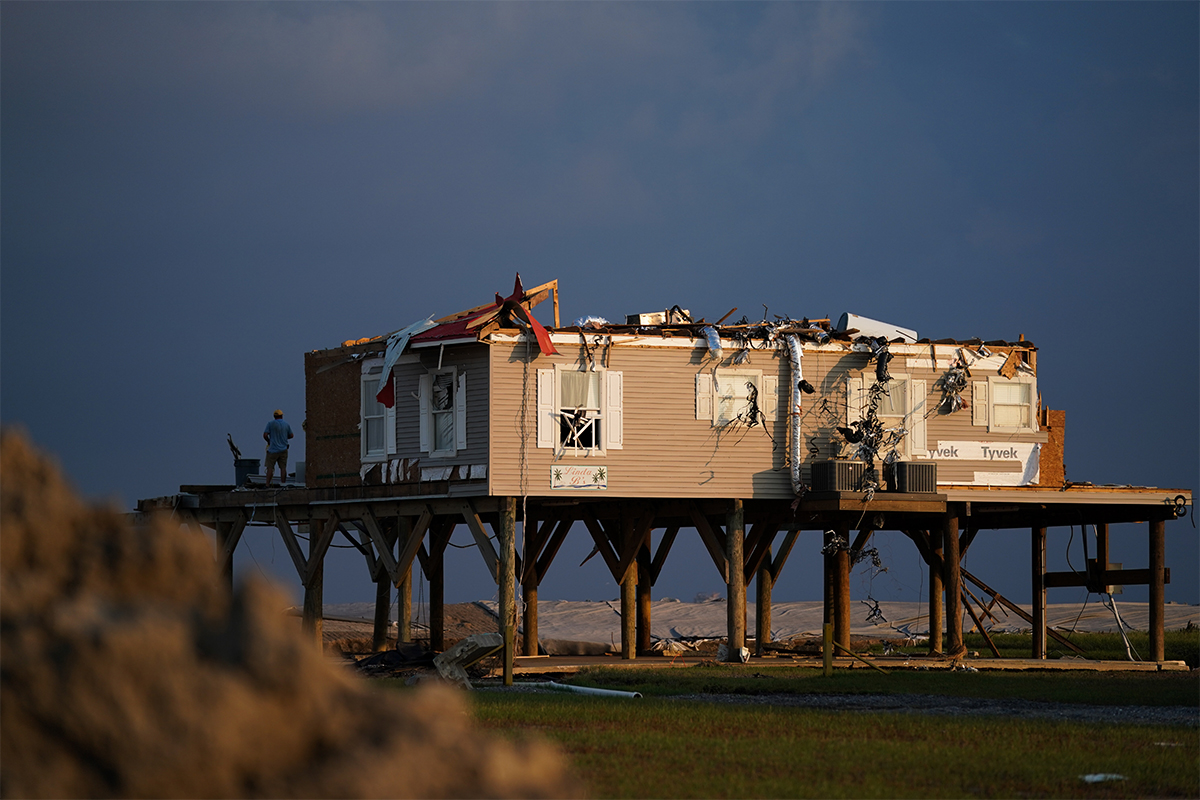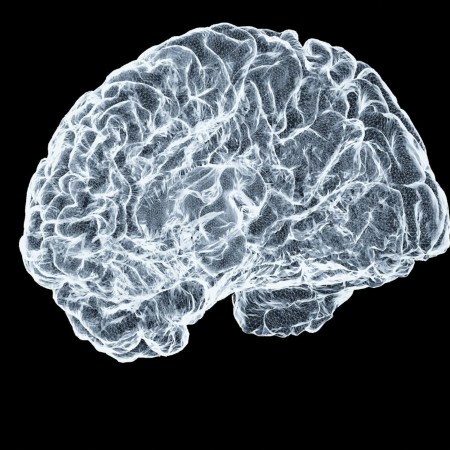The news generally isn’t great, but it’s been especially bad lately.
Here’s the quickest/soberest of rundowns: the Delta variant has pushed the total number of American COVID deaths past 650,000, Hurricane Ida just left the Western Hemisphere with over $50 billion in damages and the Taliban is actively silencing dissenters in Afghanistan.
That’s all happened in the last few weeks. Other headlines aren’t quite as topical, but signal troubles on the horizon. Consider: 200 medical journals banding together to call climate change “the greatest threat to global public health,” or recent reports that childhood obesity is on the rise as a result of the pandemic.
All to say — if it feels extra difficult to look around and find much hope these days, that’s because it is. As The Atlantic outlines in a recent article, the exhaustion that has stemmed from almost 20 months of living amidst a deadly virus has complicated our collective ability to appreciate the misfortune we already live with.
One deflating example? 2020 was the deadliest gun violence year in decades. The tragedies we know well didn’t just go on pause upon the arrival of COVID-19. Extreme weather continued, the opioid crisis raged on, mental health cratered, racial and income inequality gaps widened.
It’s enough to make you want to chuck whatever Apple device you’re reading these words on into a ravine, but know that there is a path forward through all this trauma. It helps, for one, to understand how the experts — psychologists, PTSD researchers, developmental neuroscientists — categorize society’s relationship to misfortune.
Trauma academics break the topic down into two groups: victims of catastrophes and observers of catastrophes. For the former, victims can become stronger from a brush with disaster. They volunteer, they donate, they look after their neighbors, they plan for the next Big One. More often than not, though, the resultant stress is the snowball that mingles with the rest of the issues in the victim’s life, creating an avalanche.
For the latter, observers may have even less empathy than victims. They can’t identify with the horror of an event they didn’t personally experience, and besides, they’re already living with their own avalanches — work stress, the mortgage, a sick aunt. This can manifest, at worst, in what The Atlantic refers to as “casual sadism” (one psychologist was shocked to hear some friends describe the video of desperate Afghanis hanging on to American airplanes as funny).
But at the very least, this cycle sees our empathy reserves run dry. We struggle to retain our sense of care (or charity, according to recent data on philanthropy in this country) when so much is going on, and especially when the thing that’s going on appears to have no cut-and-dry end in sight.
What can you do? For starters, remind yourself that you can’t fix all of these issues. In fact, you can’t really “fix” any of them. That isn’t nihilism — it’s a permission slip to take a deep breath. You can of course contribute to any cause you believe in, and help in making the world (your household, your school, your town) a better, more compassionate place. But it’s important to work on yourself before challenging yourself to change the tide of entire communities.
Start by finding empathy in your daily cadence. Read more — not necessarily from The New York Times app, but from books. Immersing yourself in just one story at a time (even if fictitious) has been proven to increase empathy and emotional intelligence, while rolling back stress levels. Listen more to the people in your inner circle, and talk more to those outside of it. Hone your conversation etiquette while you’re at it; that means asking engaging questions, making eye-contact, and putting away your phone while somebody’s talking.
There’s a ton of lifestyle stuff that will obviously help, too (exercise, healthy food, sleep). But more important than all that is monitoring your relationship to the news. Quit the doomscrolling. It’s not helping. It’s like a drive-by on your brain; no wonder you can’t wrap your head around 650,000 deaths, or a house that’s had its roof ripped off, if you’re staring for six seconds or so before moving on to the next thing.
To that end, try to shift the framing of news as something you “should probably know,” as if it’s dinner party ammo, to something you can engage with thoughtfully. Find times when you feel ready to absorb and appreciate what you’re reading or seeing. You may still feel powerless after doing so. That’s normal. That’s our world today. But at a time when exhaustion is the enemy of empathy, it’s important to champion the moments we still feel anything at all.
The Charge will help you move better, think clearer and stay in the game longer. Subscribe to our wellness newsletter today.


















